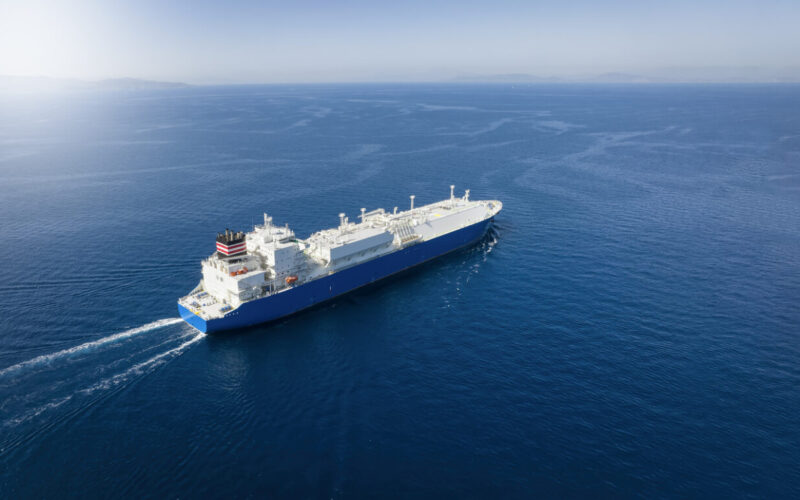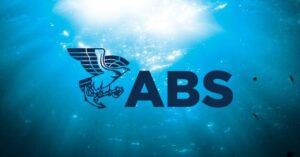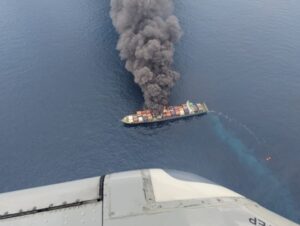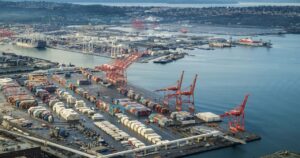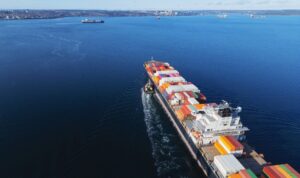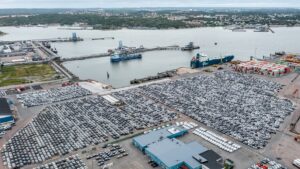AET has delivered its newest vessel, a Very Large Crude Carrier (VLCC) powered by dual-fuel liquefied natural gas (LNG) engines, on long-term charter to Shell Tankers (Singapore) Private Limited.
It is the first of three cutting-edge oil tankers to be supplied by AET under a March 2021 arrangement.
The Malaysian-flagged Eagle Vellore was christened during a ceremony held at the MMHE Pasir Gudang yard, which was attended by Malaysia’s Deputy Minister of Transport and other Malaysian government officials.
The naming of the 300,000 deadweight-tonnage (DWT) tanker in Malaysia is a significant achievement for AET and its parent company, MISC.
READ: NYK’s fifth LNG-powered vehicle carrier arrives in Port of Nagoya
Making the announcement, Zahid Osman, President & CEO of AET said: “Today’s naming of Eagle Vellore marks another significant milestone in strengthening our position as a sustainable shipping organisation.
“Adding another LNG dual-fuel VLCC to our fleet and our ongoing development of zero-emission vessels is consistent with our commitment to deliver more energy with less emissions, supporting customer demand and the world’s need for energy security.
“I would like to thank Shell for their continued trust and confidence in us, building on our long-term collaboration, as we both look to further expand as leaders in shipping’s energy transition.”
READ: Axpo launches small-scale LNG bunkering vessel
Stacie Pitt, Senior Vice President for Crude Trading at Shell, stated: “The delivery of the Eagle Vellore is an important addition to Shell’s fleet of crude tankers. Fleet composition is an essential lever to tackle the decarbonisation challenge, requiring increased investment in dual-fuel capable vessels and efficiency measures.
“LNG benefits from mature technology and a growing bunkering network which have helped cement its position as the leading alternative fuel today, with bio and synthetic LNG offering a long-term pathway to decarbonisation.
“While we continue to invest in LNG, with over half of Shell’s crude tanker fleet set to be dual-fuel LNG by the end of the year, we are also developing zero-emissions fuel options to support future decarbonisation of the shipping sector. Continued collaboration is integral to shipping’s energy transition.”

